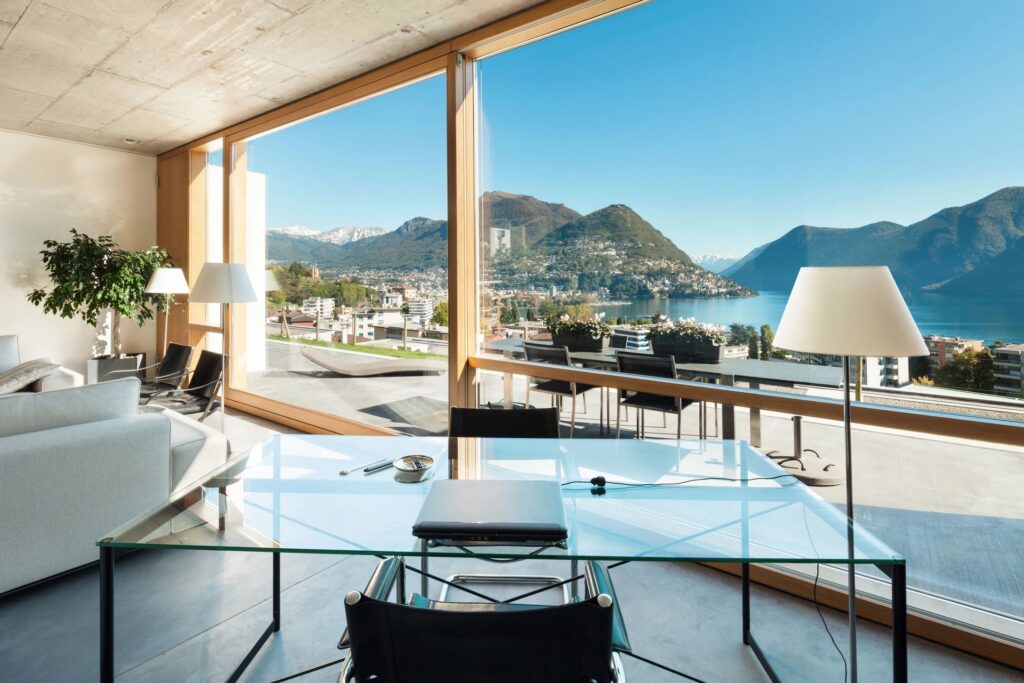One hot topic in commercial real estate right now is the rise of flexible office spaces. These types of spaces, which offer shared work areas, private offices, and meeting rooms, have been growing in popularity over the past decade as more and more companies are opting for remote work arrangements and flexible lease terms.
Flexible office spaces are a departure from traditional office leasing arrangements, which often require companies to commit to long-term leases and cover the costs of outfitting and maintaining their own spaces. With flexible office spaces, companies can often lease office space on a short-term basis and benefit from shared amenities like Wi-Fi, printing services, and kitchen facilities. This can be particularly appealing for startups and small businesses who may not have the resources to invest in their own office space and infrastructure.
One major player in the flexible office space market is WeWork, a company that has quickly become a household name in the commercial real estate world. WeWork was founded in 2010 and has since grown into a global behemoth, with locations in over 100 cities around the world. The company offers a variety of office options, including shared workspaces, private offices, and custom-built spaces for larger enterprises.
While WeWork and other flexible office space providers have seen significant growth over the past decade, the COVID-19 pandemic has posed new challenges for the industry. With many companies transitioning to remote work and uncertainty around future office needs, flexible office space providers have had to adapt to changing market conditions.
One way that providers have responded is by offering more flexible lease terms and options. Many providers are now offering month-to-month leases or shorter-term contracts to give companies more flexibility to adjust their office space needs as the pandemic continues to evolve. Providers have also had to invest in additional cleaning and safety protocols to ensure the health and safety of tenants.
Despite these challenges, many industry experts believe that flexible office spaces will continue to play an important role in the commercial real estate landscape. The pandemic has accelerated trends towards remote work and more flexible lease terms, and providers who are able to adapt to these changes will likely be well-positioned for future growth.
Another area of interest in commercial real estate is the intersection of sustainability and real estate. As the world becomes more aware of the impacts of climate change, companies and individuals are increasingly seeking out more sustainable options in all areas of their lives, including real estate.
One major trend in sustainable real estate is the development of green buildings. Green buildings are designed to be more energy-efficient and environmentally friendly, often using features like solar panels, green roofs, and rainwater harvesting systems. Not only do green buildings benefit the environment, but they can also lead to lower operating costs for tenants.
In addition to green buildings, there is also a growing interest in sustainable real estate investment. Investors are increasingly looking for opportunities to invest in properties that align with their values, and many are seeking out properties that have been certified as sustainable by organizations like LEED (Leadership in Energy and Environmental Design).
Overall, commercial real estate is a dynamic and evolving industry that is constantly being shaped by changing market conditions and trends. Whether it’s the rise of flexible office spaces or the growing interest in sustainability, there is always something new and exciting happening in the world of commercial real estate.
